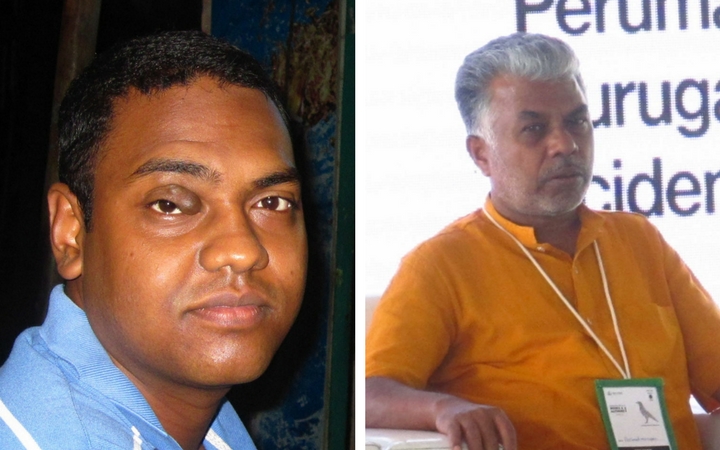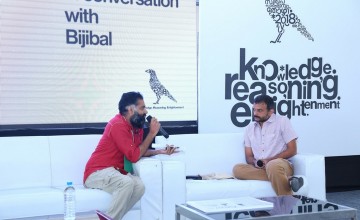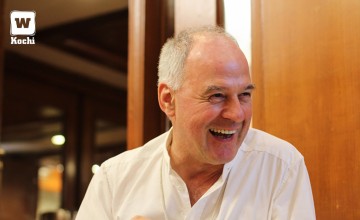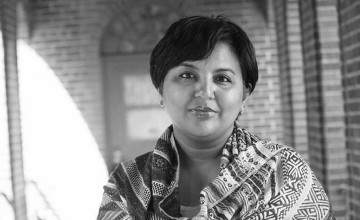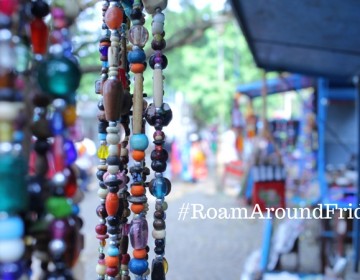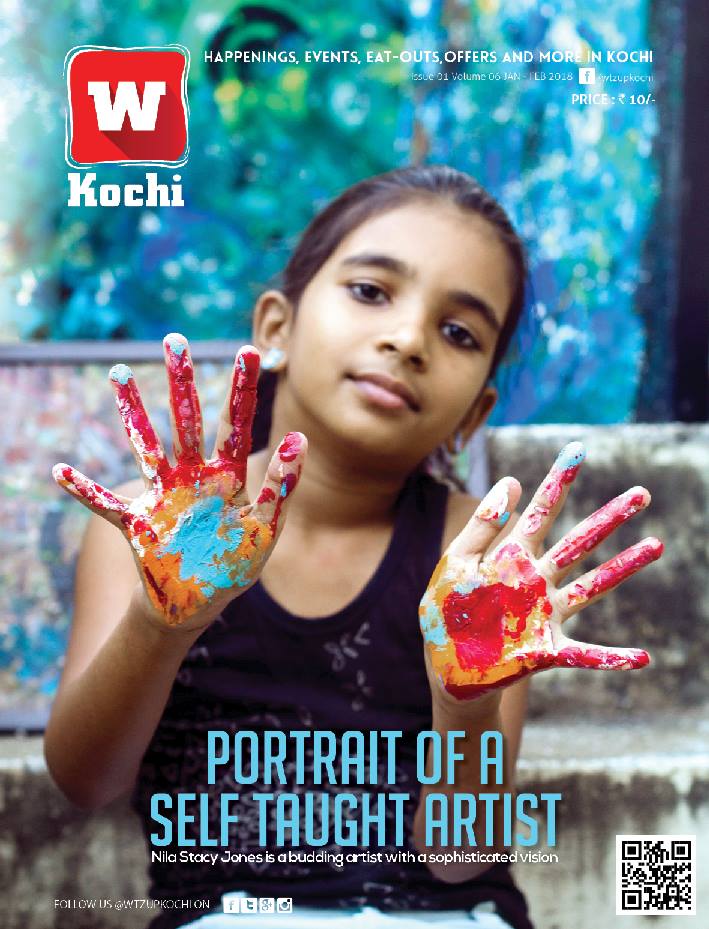Censorship – The Death of Literary Art
- 12 Mar 2018
- Nikhil
- Features
Hamsda Sowvendra Shekhar and Perumal Murugan recounted the ordeals that they face after the ban of their books
ndia as a country is much sensitive towards topics relating to culture and religion. Be it a movie or a literary work, portraying a religion or its practice can either make you touch the stars or pull you deep into the bottomless seas. Namitha Gokhale was joined by Hansda Sowvendra Shekhar and Perumal Murugan at International Festival for Books and Authors to talk about the issues that they faced with their novels regarding censorship, followed by the ordeals that they went through.
For Hansda, it all started with the publication of his collection of short stories, titled, The Adivasi Will Not Dance in 2015. In 2017, the government of Jharkhand banned the book and the service of this Sahitya Akademi Yuva Purashkar recipient. In addition to the ban, Hansda, a medical officer by profession was also suspended from practising medicine. While the rivalry group started the campaign against him on the social media for writing about the Santhalas, he stood strong and fought the ordeal with the zeal and passion that he has towards the world of literature and came out in flying colours with the ban on his book being lifted by December 2017.
“What saddens me is that, though the social campaign was started against me and restricting me from writing or producing any form of literary work, the protestors proceeded to an extent of insulting my female friends. And if you ask me who these campaigners are, they are complete strangers. They even came up to my medical centre, where I was practising and burnt the copies of my books",
said Hamsda, recollecting the ordeals that he faced after writing a work of fiction.
On the other hand, Perumal Murugan is no new name to us considering the controversy that his book Madhurobagan has stirred and his decision to quit writing.
“I was in Chennai for eight years while I did my M.Phil and PhD. The village that I come from had a great impact on me that it felt as if I was intoxicated by the smell of the native land and the palm trees. Each and every day that I spent in Chennai, I would look forward to the day when I can return home and meet my family. Years later, when my book stirred the controversy and I was summoned by the police, I again came back to Chennai and I stayed there for two years. And, when I came back to my village, it was never the same”, he said.
He also added,
“I never wrote this book to create any form of controversy and if I’d have known something like this would happen, I would have written it in a different way or presented it in a different way.”
While any form of art is bound provoke the thoughts of the people, Hamsda had the perfect advice for future writers and creators of arts. He said,
“Write more, read more and fight more.”
Text Credits: Roshan D
